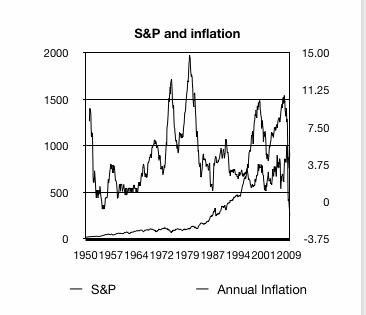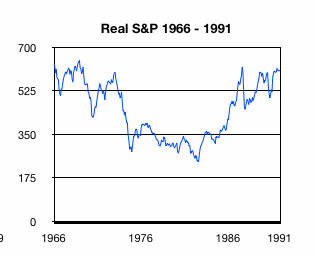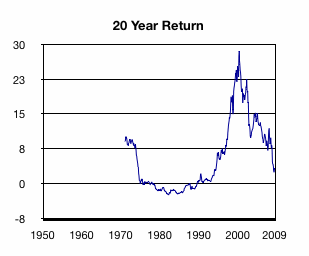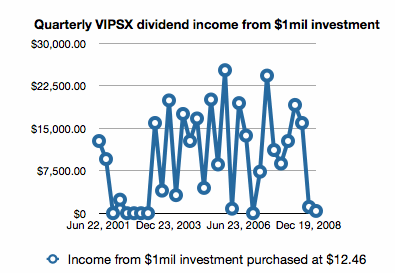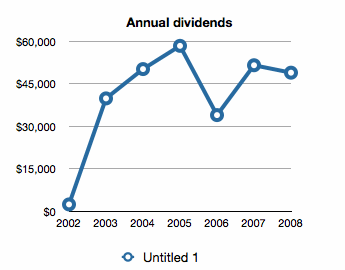Bimmerbill
Thinks s/he gets paid by the post
- Joined
- Jan 26, 2006
- Messages
- 1,645
Anyone else read this:
Economist Zvi Bodie debunks standard investment advice - Sep. 16, 2009
"But mention this to Boston University School of Management professor Zvi Bodie, author of "Worry-Free Investing," and you'll get a stern reminder of how equities often betray investors. And you'll get an earful about how millions of us are taking too much risk with our nest eggs."
He is essentially saying to invest in all safe assets, like TIPS. And to increase savings rates to make retirement possible in these safe assets.
Seems like its kind of making sense to me. I've all equities, but have my small military pension that kicks in at age 60, and working on fed gov't pension.
Economist Zvi Bodie debunks standard investment advice - Sep. 16, 2009
"But mention this to Boston University School of Management professor Zvi Bodie, author of "Worry-Free Investing," and you'll get a stern reminder of how equities often betray investors. And you'll get an earful about how millions of us are taking too much risk with our nest eggs."
He is essentially saying to invest in all safe assets, like TIPS. And to increase savings rates to make retirement possible in these safe assets.
Seems like its kind of making sense to me. I've all equities, but have my small military pension that kicks in at age 60, and working on fed gov't pension.

